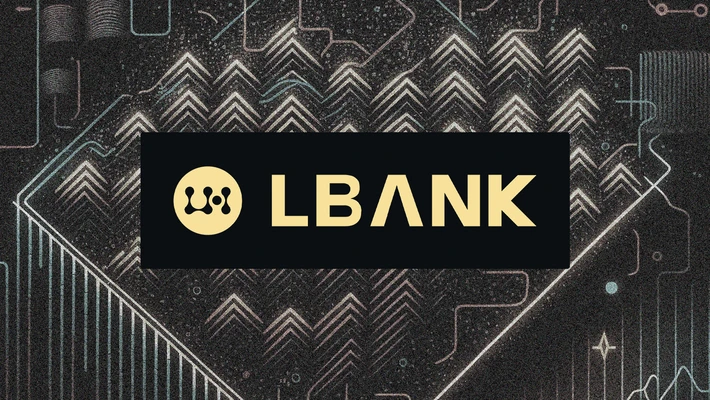
LBank
LBank is a cryptocurrency exchange for international traders based in Hong Kong, launched in in October 2016. Although it began focusing on the Asian markets, it serves the cryptocurrency community in at least 98 markets. LBank offers hundreds of currency pairs, with over 40 cryptocurrency trading pairs and numerous altcoins
The platform offers a customer-to-customer (C2C) service that allows digital assets to be traded directly without intermediaries. It employs a model that resembles the peer-to-peer model and its scheme of work is very close to that used by decentralized exchanges.
Although LBank allows trading crypto against fiat, its main focus is crypto-to-crypto exchange. With its support for numerous altcoins, the platform is frequently chosen by investors with multi-currency portfolios. LBank also presents a voting mechanism for new tokens that can be listed after being approved by the community. The platform offers margin trading to institutional players, and a leveraged ETF Trading Board was launched at the beginning of 2020 to allow convenient trading of leveraged ETFs.
The exchange charges 0.10% per trade, and it's possible to transfer funds directly from bank accounts to a high-quality web wallet via the fast transfer function. Verification is not obligatory in case you don't work with fiat money and don't exceed limitations. However, if you still verify your identity, it is possible to connect additional payment methods after the verification procedure such as WeChat payment, Alipay, and a bank card.
The exchange has launched its own stablecoin called LBCN. The company claims that it is backed 1:1 by CNY and 20% additionally by BTC. The platform also launched a utility token, LBK, based on the ERC20 protocol.
The platform uses SSL encryption on its servers, cold wallet storage, and two-factor authentication where it asks for a valid ID. It offers the feature of an additional “asset password” for the security of your assets. The platform uses face detection as one of the security measures, and the fingerprint unlock feature has also been introduced. The platform complies with KYC/AML policies, but it does not deliver services to US citizens because of regulatory impediments.



